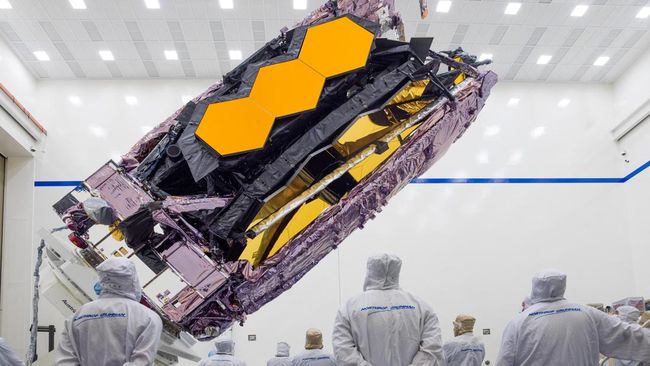On August 4 and 5, 2022, in Salzburg, Austria, the parliamentary secretary of the Ministry of Foreign Affairs, Zanda Kalniņa-Lukaševica, at the invitation of the Federal Minister of EU and Constitutional Affairs of Austria, Karoline Edtstadler, participated in a seminar on crisis management models, strengthening EU institutions and citizens’ nominations problem questions.
Taking into account the ongoing challenges caused by Russia’s aggression in Ukraine and the Covid-19 pandemic, the participants discussed and exchanged views on how to strengthen European institutions to promote their resilience and security in the face of current and future crises.
Addressing the audience, the parliamentary secretary emphasized the importance of further assistance to Ukraine: “Ukraine will lack access to safe and warm places to live in the winter. The number of internally displaced persons in need of shelter is increasing. Many homes have been damaged as a result of Russian attacks. It is urgent to mobilize additional international resources so that people in Ukraine in the winter would not be left without a safe shelter for winter conditions. The currently available international support and funding in this area is very insufficient.”
The parliamentary secretary emphasized that it is important to draw the attention of the international community to the scale of the humanitarian crisis caused by Russia. The number of people who need help in Ukraine has reached 18 million.
“Decisions must be made on additional sanctions against Russia and Belarus. The EU must strengthen the restrictive measures against Russia,” said Z. Kalniņa-Lukaševica, emphasizing in the discussion that “Ukraine must win this war. We must provide Ukraine with all the necessary support – military, humanitarian , financial and political.”
The parliamentary secretary emphasized that a unified approach and close cooperation of EU member states is very important for solving the energy crisis, and said: “Russia wants to use gas and oil as weapons to undermine European unity and wants to weaken public and political support for sanctions against Russia.”
“In order to support Ukraine, we need a united and strong EU. By providing maximum support to Ukraine, we must at the same time be able to strengthen the rule of law, continue the process of EU enlargement and improve the efficiency of the work of EU institutions,” emphasized Z. Kalniņa-Lukaševica.
–


